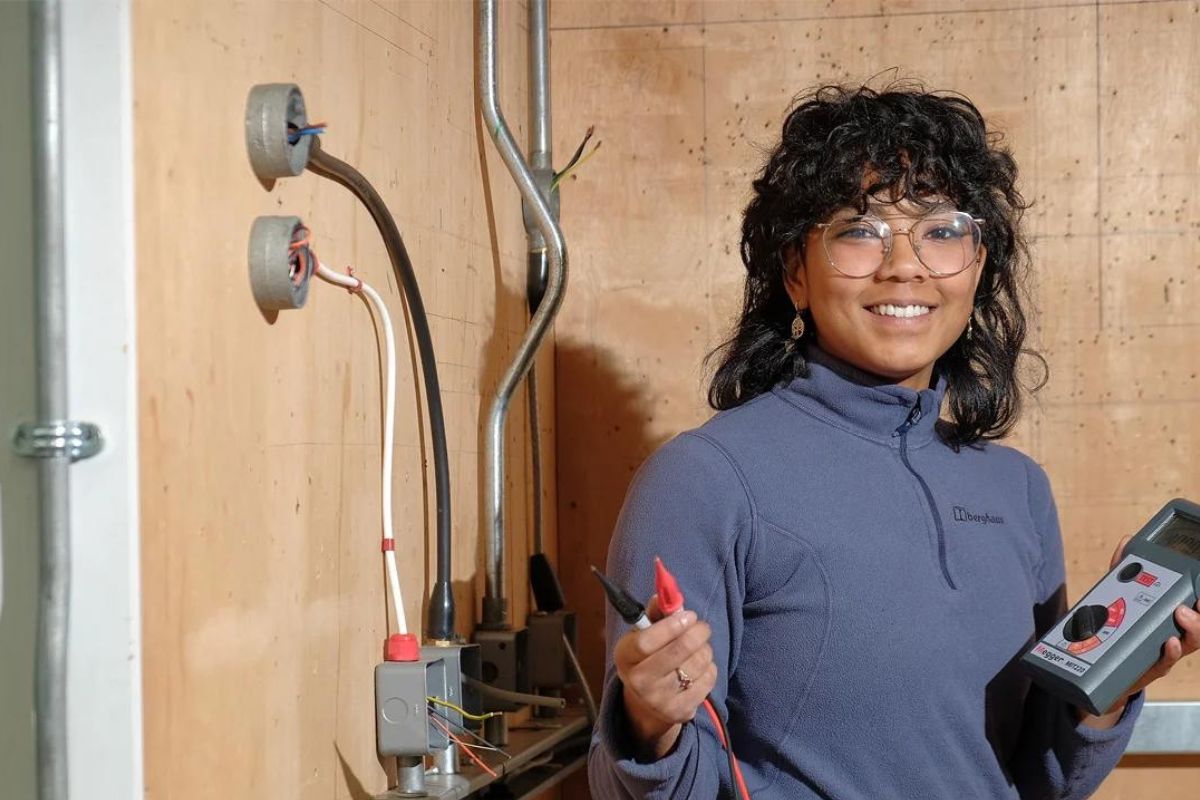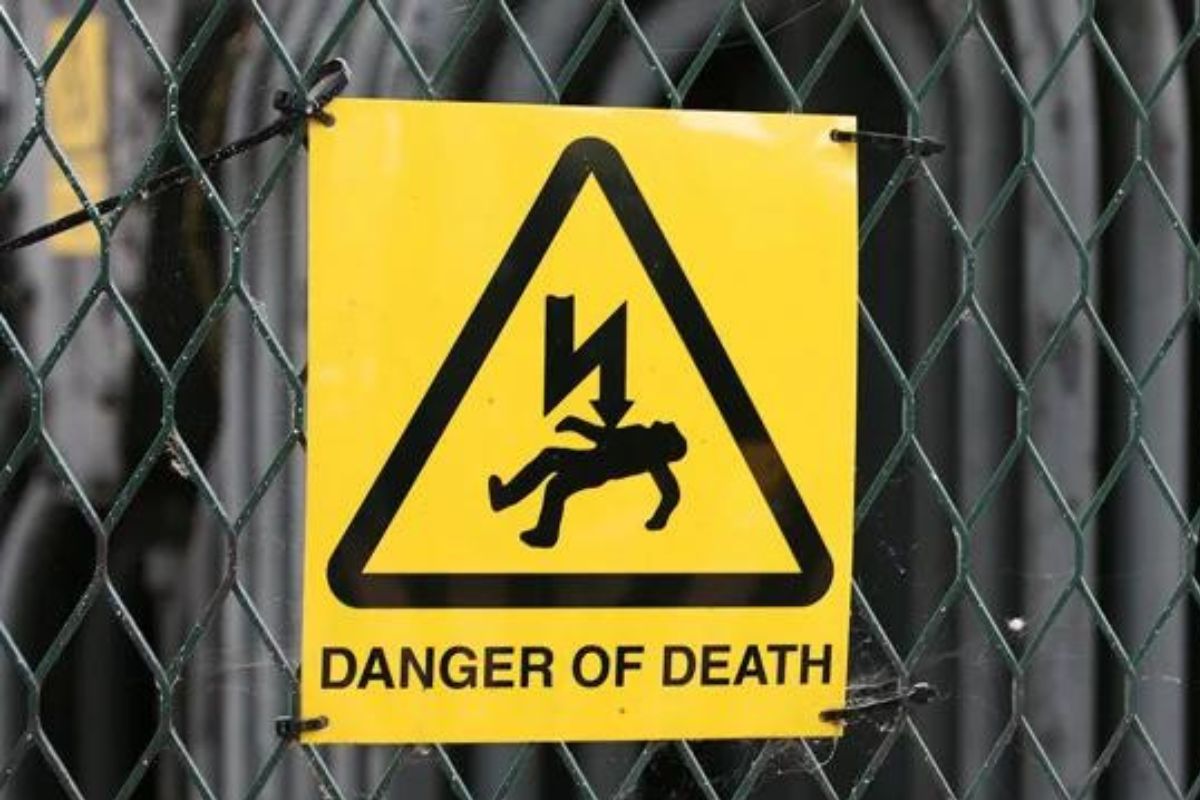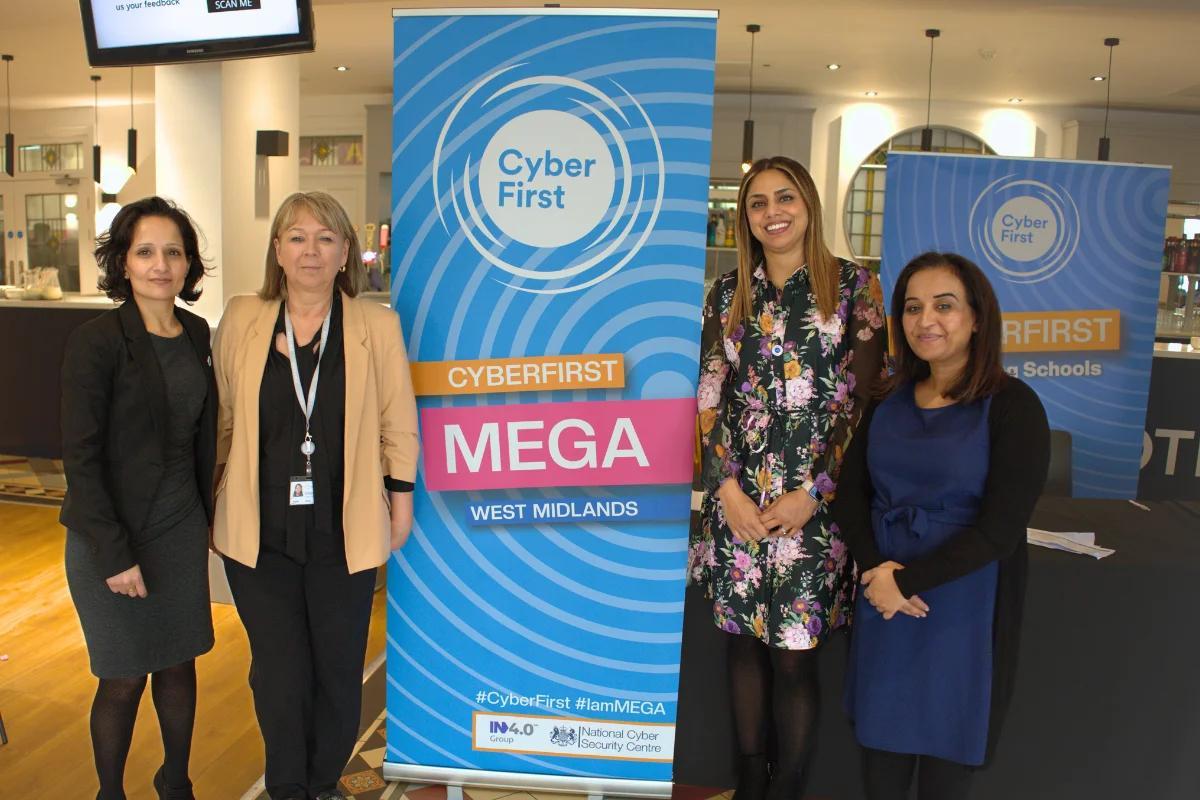Meeting the skills needs of Energy and Utility Industries

The UK energy and utilities industries provide key infrastructure for the UK economy and society.
Power, gas, water, and waste management and recycling organisations, together with their supply chains, provide critical services that keep the lights on, homes warm, water running, and waste collected and recycled. And they play an essential part in the Government’s plans for a green industrial revolution as they lead on many aspects of the transition to a net zero economy and tackle the challenge of the climate emergency.
Together, these industries directly employ over half a million people and face a demographic challenge that is predicted to create around 277,000 vacancies before the end of the decade. Against this backdrop, the successful implementation of the ongoing reforms to apprenticeships and the technical education system is crucial if these industries are to collectively attract and develop new talent that is needed.
As an industry body, Energy & Utility Skills has a strong record of working with employers and government in support of these reforms. Having established employer-led trailblazer groups, the energy and utilities sector led the way with the first apprentices to complete new apprenticeship standards.
There is an equally strong desire to ensure that the introduction of new T Levels and the reform of existing qualifications services the needs of industry both now and in the future.
Apprenticeships and T Levels are categorised into 15 different occupational routes. These follow recommendations of the influential 2016 Sainsbury Review of technical education and are curated by the Institute for Apprenticeships and Technical Education (the Institute).
This system has successfully allowed for identification of common skills needs and training competency requirements. It has also provided the Institute with the opportunity to clearly map out training and progression opportunities within those routes.
The energy and utilities industries however face a challenge in ensuring that their training requirements are considered in a coordinated way because the sector spans a number of different routes.
Attempts to create a T Level specialism for the energy and utilities industries were halted because of this. Analysis is still ongoing on whether a T Level in this space would be viable and as the reform of vocational and technical qualifications gathers pace, in the wake of the Skills and Post-16 Education Bill, it is imperative that employers’ skills needs are met.
The Institute has not just listened, but responded decisively to these concerns, engaging closely with Energy & Utility Skills and the wider sector to identify a way forward.
Agreement has been reached to establish an energy and utilities employer advisory panel, which will ensure that the current and future skills needs of these industries are captured and reflected in technical qualifications and apprenticeships.
This collaboration provides additional opportunity for both energy and utilities industries and policymakers.
Given the ambitious government timescales for net zero, there is a clear imperative to begin up-skilling and re-skilling the existing workforce.
This will be important for two reasons. First, to accelerate the need to fill skills gaps associated with the roll-out of new technologies; whether heat pumps or electric vehicle charging points, it is essential to increase the size of the qualified workforce quickly. And second because this upskilling and reskilling will train the trainers of tomorrow, providing the means to support the substantial industry placement programme that forms a central plank of qualification reform.
It is clearly important that the training programmes are not just high quality and consistent, but also inform the qualifications and apprenticeships of the future. The collaboration brings this aspiration into reach.
By Phil Beach, chief executive of Energy & Utility Skills, and Rob Nitsch, delivery director of the Institute for Apprenticeships and Technical Education (the Institute)











Responses